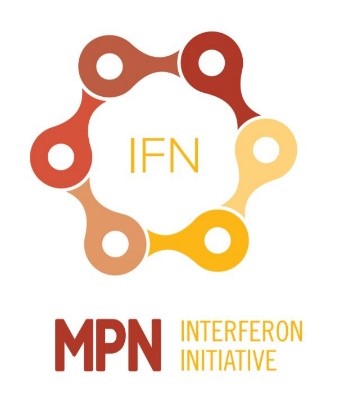As stated by the Leukaemia Foundation, Polycythemia Vera (PV) is diagnosed in an estimated 250 Australians each year. According to Associate Professor Steven Lane, the head of QIMR Berghofer’s Cancer Program and a Royal Brisbane and Women’s Hospital clinical hematologist, the current most effective drug on the market in Australia is Interferon. A long-acting version of Interferon, that only needs to be given once a week, has been approved for use in Australia, however, according to Dr. Lane, “There’s actually an even longer-acting version of the drug, an ultra-long-acting version, which has been approved in Europe but not Australia, and we’d like to see that approved here.” Dr. Lane’s recent research, published in the Journal Leukemia, found that, in mice, the longer-acting the version of Interferon, the better the effect it has on reducing MPN symptoms. The longer aThe longer acting version of interferon referred to by Dr. Lane here is Ropeginterferon. Clinical trials are ongoing in the U.S.

nterferon has long been a topic of importance to the MPN Research Foundation. In 2018 MPNRF formed the Interferon Initiative. MPN Alliance Australia and Cancer Research & Treatment have both been supporters of this initiative as well. The Interferon (IFN) Initiative is a multi-center project that seeks to answer the questions:
- How and why does targeting the IFN pathway reduce the burden of mutated stem cells in MPN patients?
- Why is targeting this pathway effective for some MPN patients but not others?
- Why are the positive effects of targeting this pathway not permanent?
The Interferon Initiative has brought together experts from around the world in Interferon, MPNs, and solid tumors to bring both broad and deep understanding of this issue. The team of investigators includes:
- Leonidas Platanias, MD, Ph.D.: Lurie Cancer Center
- Ann Mullally, MD: Brigham and Woman’s Hospital
- Jean-Luc Villeval, Ph.D.: INSERM/Institut Gustave Roussy, Paris
- Joseph Scandura, MD, Ph.D.: Weill Cornell School of Medicine
- Steven Lane, Ph.D.: QIMR Berghofer Medical Institute
- Michael Milson, Ph.D.: German Cancer Research Center
